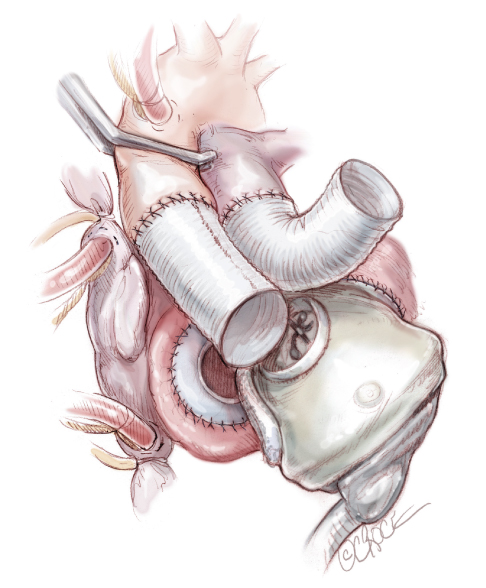Heart Failure
Background
Heart failure is a condition that arises when the heart is unable to pump enough blood to meet the body’s needs. This occurs when the heart muscle becomes thickened and stiff to the point that it can’t fill up with enough blood to pump out. It may also be the result of a weak or damaged heart muscle that cannot pump enough blood to the body with each contraction. As the blood does not circulate properly, this can lead to the buildup of fluid in the lungs where it impairs breathing, and in the legs, where it causes swelling. Reducing one’s risk factors through lifestyle changes plays a vital role in preventing this life threatening condition.
Risk Factors
There are several risk factors for heart failure. High cholesterol causes fatty deposits to build up in the arteries that supply the heart muscles, which can lead to a heart attack. This permanently weakens the heart and can eventually cause heart failure. High blood pressure may also cause heart failure, as it forces the heart to work very hard to pump enough blood to the body, causing the heart muscle to thicken and eventually stiffen or weaken over time. Other risk factors include diseases of the heart valves, heart defects from birth, abnormal heart rhythms, diabetes, infections and alcohol abuse.
Signs and Symptoms
Heart failure may cause shortness of breath while lying down due to the buildup of fluid in the lungs, or during exercise due to inadequate blood supply to the body. It may cause dizziness and confusion from impaired blood supply to the brain, as well as weakness and fatigue. In addition, patients with heart failure may experience a persistent cough due to fluid overload in the lungs and swelling of the abdomen and legs from the buildup of fluid.
Complications
If heart failure becomes severe, a number of life-threatening disorders may develop. These include the formation of blood clots leading to stroke, reduced blood supply to the kidneys, causing kidney failure and buildup of fluid in the liver causing liver failure. Patients may also develop problems with their heart valves, which may worsen the heart failure itself.
Prevention and Management
Prevention of heart failure centers on the reduction of certain risk factors, such as high cholesterol and high blood pressure. These can be achieved through lifestyle changes such as regular exercise and a healthy diet. If heart failure develops, there are a number of drugs which may be used as treatment, including medications to lower blood pressure. Surgery to treat the underlying cause may also be necessary, such as coronary bypass surgery for severe coronary artery disease. In addition, ventricular assist devices (VADs) may be surgically implanted to help the heart pump blood. When medications or other surgeries have failed to treat very severe heart failure, heart transplantation is performed as a last resort. For more information, please visit the following websites:
http://my.clevelandclinic.org/disorders/Heart_Failure/hic_Understanding_Heart_Failure.aspx
http://www.mayoclinic.org/diseases-conditions/heartfailure/basics/causes/con-20029801
http://emedicine.medscape.com/article/163062-overview

Services
Cardiac Surgery
- Aortic Arch Surgery
- Aortic Stenosis
- Aortic Surgery and Stroke
- Aortic Valve Repair
- Coronary Artery Bypass Grafting
- Heart Failure
- Tissue and Mechanical Heart Valves
- Type B Aortic Dissection
- Ventricular Assist Devices
- Hybrid Aortic Arch Surgery
- Marfan Syndrome
- Minimally Invasive Aortic Valve Replacement
- Minimally Invasive Atrial Fibrillation Surgery
- Minimally Invasive Mitral Valve Surgery 2015
